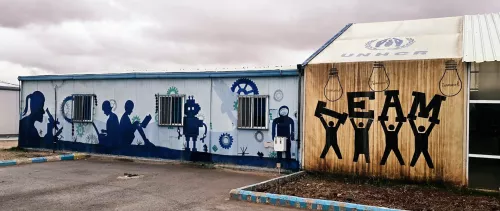
The COVID-19 virus has presented a stress test for governments worldwide, with the Internet playing a crucial role in keeping critical infrastructure and resources connected and available.
For instance, reliable, high-speed internet is key to ensuring that hospitals and medical institutions have access to global information networks and resources necessary to fight the virus. Broadband connectivity is also now absolutely crucial for educational institutions and businesses to continue to provide essential services.
The unprecedented global health emergency is taxing networks and platforms to the limit, with some operators and platforms reporting demand spikes as high as 800%.
“The traffic jams have moved from the streets to online, as we’ve seen increased traffic, online and data usage,” said H.E Ursula Owusu-Ekuful, Minister of Communications of Ghana, yesterday during the second of a new webinar series on Digital Cooperation during COVID19 and beyond. The webinars are organized by ITU and the Office of the UN Under Secretary-General Fabrizio Hochschild, with a view to helping identify solutions and common approaches and strategies from different nations and stakeholders.
“I think what COVID has done, is actually to put the will to get the world connected right in front of us – and we rallied around that will,” said Doreen Bogdan-Martin, Director of ITU’s Telecommunication Development Bureau. “We have come together in these very difficult circumstances and we have come up with innovative practices to actually better connect people who actually weren’t connected before.”
With the theme of Best Practices: What Works, What Doesn’t, the webinar looked at how key public and private sector stakeholders from countries across the world are working together to meet unprecedented demand – and identified lessons learned in keeping the networks the whole world is now relying on up and running.
Continue reading on ITU News

